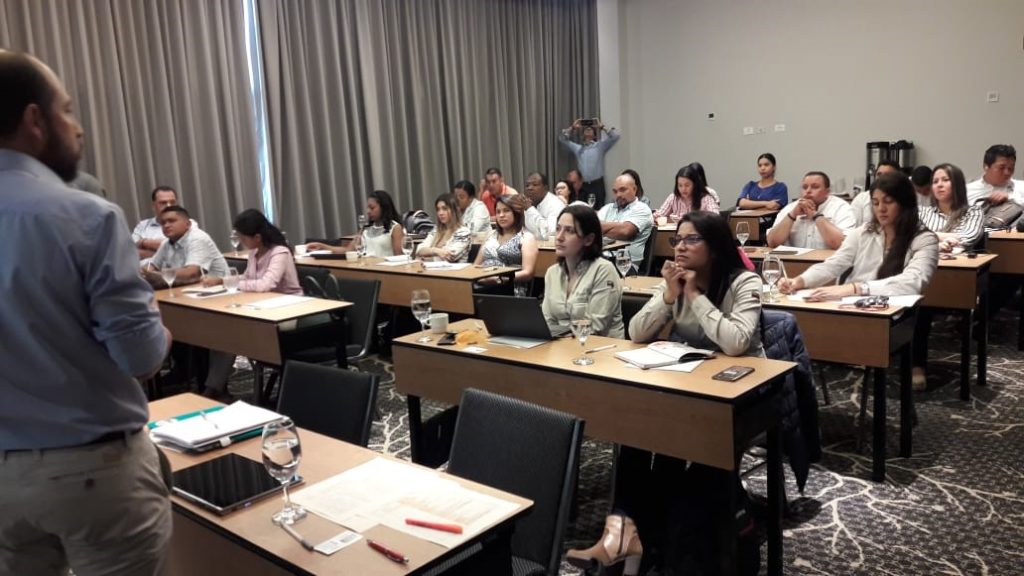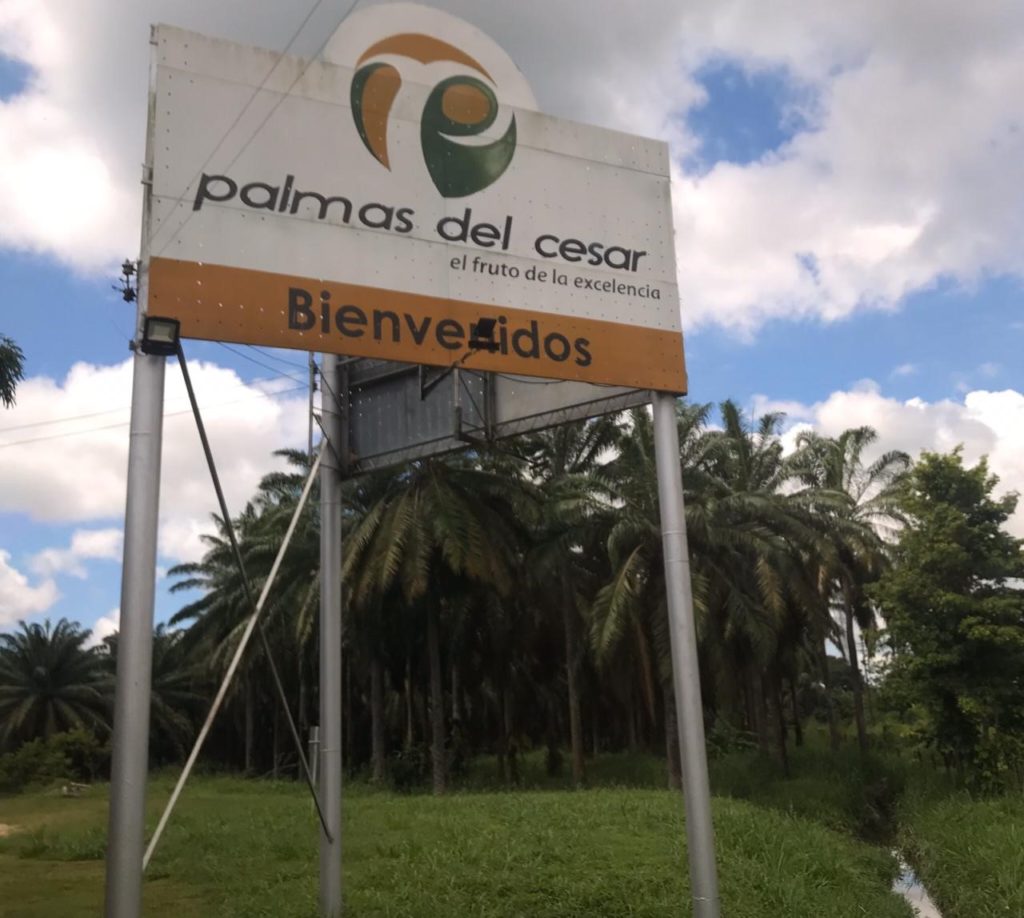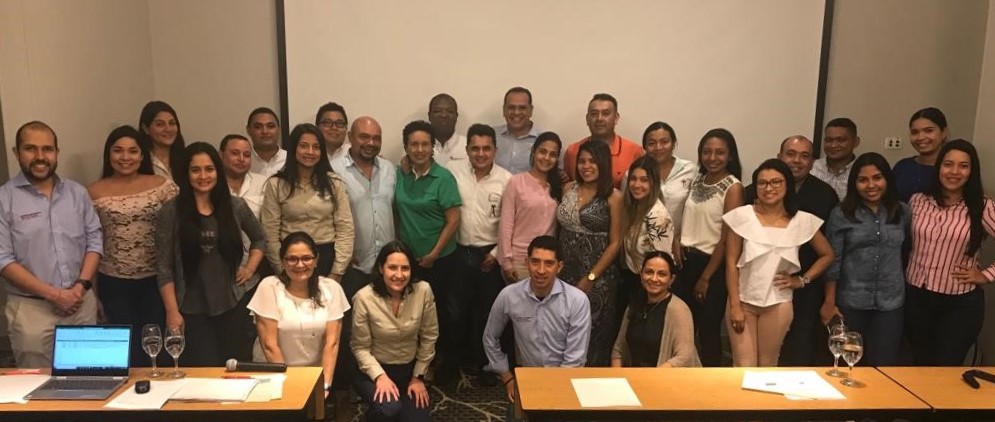In January 2019, SAI kicked off our new partnership to improve conditions for workers in the Latin American palm oil supply chain: Palma Futuro. Over the next three years, we will work with companies, workers, and communities in Colombia and Ecuador to build up robust social performance systems across the value chain, from industrial processing plants, to large-scale plantations, to hundreds of smallholder farms.
Stimulating Worker Engagement

One important aspect of a robust social performance system is worker engagement. SAI’s Lead Trainers Yolanda Brenes Hernandez and Florencia Gonzalez, worked with two participating palm oil firms, Palmas del Cesar and Biocosta, to begin creating and training Social Performance Teams (SPTs) within the companies.
When they are created and allowed to function properly, SPTs are a proven method to improve worker engagement within companies. A strong SPT includes balanced representation from workers and management and represents all organizational units. Teams should meet on a regular basis to review social performance metrics or observations, identify opportunities for improvement, and collaboratively develop solutions. Companies with strong SPTs report improved relations between workers and management, greater worker satisfaction, and more open channels of communication, in addition to benefitting from more diverse perspectives in the problem-solving process.
In this first project phase, SAI worked with the companies to recruit management representatives for the SPT and provided training on social compliance systems and labor standards. In later phases, SAI will begin recruiting workers for the SPT and train them on these topics as well. Establishing SPTs and training team members at the Palma Futuro companies is a first step towards building more robust social performance systems. The teams established during these visits will continue to work with SAI going forward to implement additional management system elements and begin improving on social performance metrics.
Laying the groundwork

In addition to establishing the SPTs, SAI engaged with a variety of stakeholders to get a better understanding of the risks and salient issues surrounding labor in Colombia’s palm oil industry and to identify potential partnership opportunities. We also conducted baseline assessments at the six participant companies to measure the maturity of their social compliance systems and to identify and prioritize areas for improvement.
This information will inform SAI’s work going forward to establish management systems to monitor, track, and improve on social performance metrics such as child labor, fair wages, and health & safety issues.
Next steps
In 2020, SAI will mentor BioCosta and Palmas del Cesar as they work to refine and improve their social compliance systems. We will also collaborate with them in cascading social compliance systems to lower tiers of the supply chain.
Work will also begin at the smallholder farm and local community level, establishing producer and community circles to provide spaces for farmers and community members to share challenges, learnings, and best practices with each other as they begin implementing social compliance systems.

